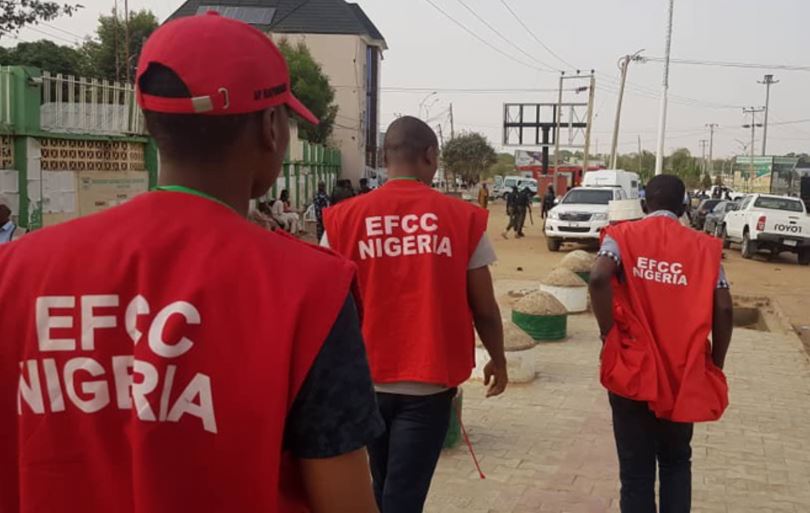Grid Collapse: EFCC Probes Electricity Contracts
Posted by Samuel on Wed 13th Nov, 2024 - tori.ng
On Tuesday, Ola Olukoyede, the Chairman of the Economic and Financial Crimes Commission, attributed the country’s epileptic power supply to corruption within the power sector.
He said the commission initiated a probe into the sector, adding that what it uncovered during its investigations would make Nigerians shed tears.
Speaking during the visit of the House Committee on Anti-Corruption and Financial Crimes to the commission’s headquarters in Abuja, Olukoyede lamented that contractors awarded projects to supply electrical equipment often opted for substandard materials.
He said this practice was a major cause of frequent equipment failures, outages, and grid collapses.
Olukoyede said, “As I am talking to you now, we are grappling with electricity. If you see some of the investigations we are carrying out within the power sector, you will shed tears.
“People who were awarded contracts to supply electricity equipment, instead of using what they call 9.0 guage, they will buy 5.0.
“So, every time you see the thing tripping off, gets burnt, and all of that, It’s part of our problems.”
He also stated that during its investigations, the commission discovered that in the last 20 years, capital project implementation and execution in the country were not up to 20 per cent.
He said the country could not achieve infrastructural or other forms of growth under such conditions.
“We discovered that in the last 15 to 20 years, we have not done up to 20 per cent of our capital project implementation and execution.
“And if we don’t do that, how do you want to have infrastructural development? How do you want to grow as a nation?
“So our mandate this year is to work with that directorate and with the National Assembly to see if we can meet up to 50 per cent of execution of our capital project for the year.
“If we do 50 per cent, we will be fine as a nation. The lack of implementation of this capital project, capital budget, is one of our major problems in Nigeria.
“If we can tackle that effectively, we will make progress as a nation. So we are doing everything to see how we can achieve that with your support.”
The anti-graft boss said the commission received over 17,000 petitions, adding that over 20,000 cases were currently under investigation.
He said, “We have several cases filed in court, apart from the conviction, running to thousands.
“In the last year, we have received over 17,000 petitions in EFCC. And right now, as I’m talking to you, we are investigating over 20,000 cases.
“Between last October and now, we have opened over 4,800 new cases. And what is our staff spread? We are less than 5,000 and now, with the additional responsibility of over 700 MDAs, 36 states, 774 local governments, and all of that.”
The Chairman of the committee, Obinna Onwusibe, called on the EFCC to collaborate with the judiciary to expedite the trials of suspects and reduce the number of inmates awaiting trial.
He said, “At this point, let me add that recently, on oversight visits to the maximum and minimum correctional centres in Kirikiri, Lagos State, numerous suspects have been awaiting trial for over one year, and yet we are all acquainted with the saying that justice delayed is justice denied.
“It is on this note that we call on the EFCC, the Attorney General of the Federation, and the judiciary to improve and ensure that the administration of criminal justice works in collaboration for an effective and efficient system that will bring about justice delivery to victims and society.”
He also urged the EFCC to ensure transparency and accountability in its operation.
“The negative maxim being peddled in certain quarters is that the agency is often being used to settle political scores, and this must be corrected by the EFCC,” he said.























































